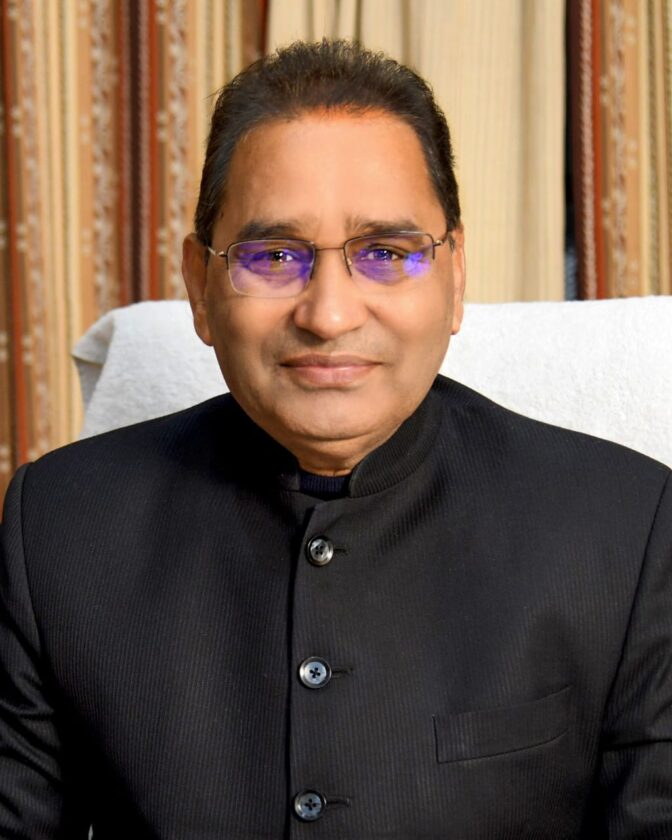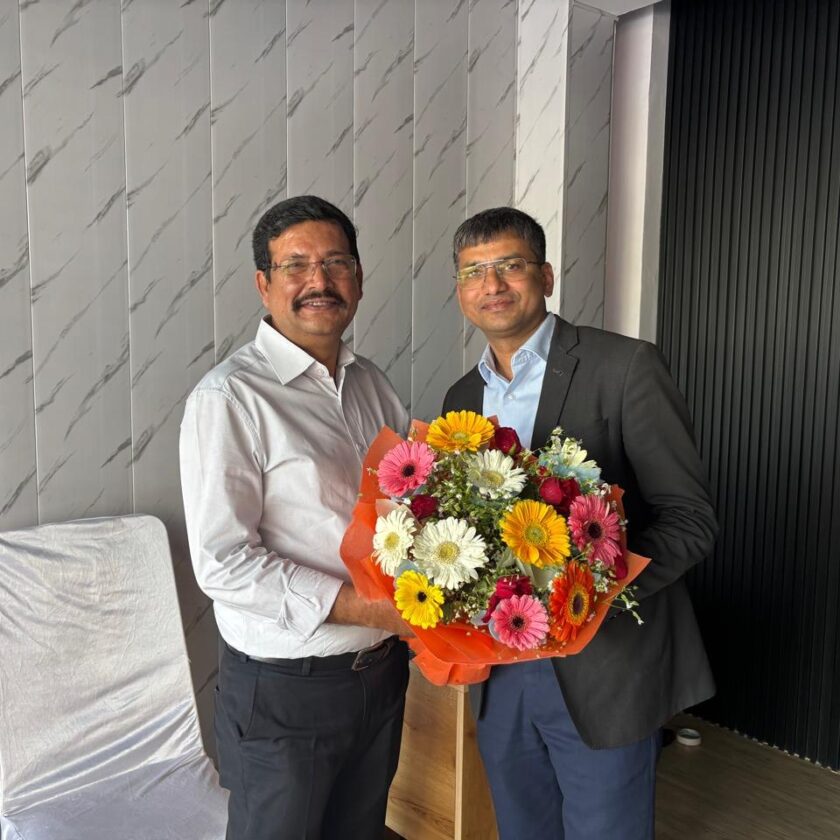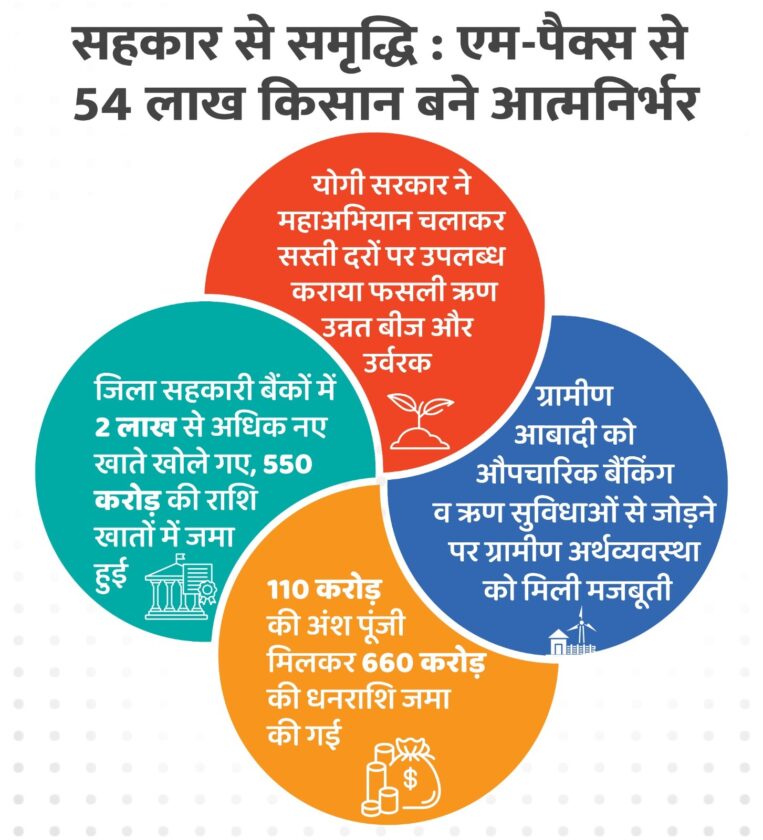Lucknow: Union Defence Minister Rajnath Singh’s visit to Lucknow turned into a powerful convergence of military triumph, public emotion, and civic celebration. This marked his first public appearance in his parliamentary constituency since the resounding success of Operation Sindoor, India’s precision military strike against terror hubs in Pakistan earlier this month.
The visit was designed to serve multiple purposes: celebrate India’s military assertion, honor civilian contributions to society, and reinforce Lucknow’s growing strategic relevance in the country’s defence ecosystem. Crowds gathered at Chaudhary Charan Singh International Airport and various arterial roads of the city, waving tricolours and chanting slogans. BJP karyakartas had lined up massive banners and digital screens playing highlights from Operation Sindoor and Singh’s recent public addresses.
Operation Sindoor, conducted on May 7, was launched in retaliation to the brutal Pahalgam terror attack that claimed 26 Indian civilian lives. The Indian Armed Forces, with surgical precision, destroyed key terrorist infrastructure across the border without causing civilian casualties. The mission has been hailed globally for its tactical finesse and restraint.
Singh’s address at the Silver Jubilee Celebration of Dr. KNS Memorial Hospital served as the centrepiece of the visit. In a deeply symbolic gesture, he drew parallels between the Indian military’s operation and the surgical precision of doctors, terming both as warriors saving lives—one in warzones, the other in operation theatres.
“Our soldiers, like skilled surgeons, removed the tumour of terrorism without harming innocents. Operation Sindoor was not an act of vengeance, but of justice,” Singh declared.
Singh reserved strong words for Pakistan, accusing it of sheltering terror groups while attacking Indian residential and religious locations. He claimed the operation had “shaken the very foundations of Rawalpindi,” referencing the headquarters of the Pakistan Army. His statements resonated with the crowd, which responded with chants of Bharat Mata Ki Jai and Vande Mataram.
The visit wasn’t just about national security—it was also about societal healing and service. Paying tribute to the hospital’s founder, Dr. KN Singh, Rajnath underscored the reverence India holds for its medical professionals, calling them “God’s instruments on Earth.” He urged youth to take inspiration from both doctors and soldiers, reinforcing the message of service before self.

Though not on the formal agenda, Singh’s presence rekindled attention on his May 11 virtual inauguration of the BrahMos Aerospace Integration and Testing Facility in Sarojininagar, Lucknow. This Rs 300 crore installation under the Uttar Pradesh Defence Industrial Corridor (UPDIC) is projected to manufacture 80–100 BrahMos supersonic cruise missiles annually. The facility, spanning 200 acres, is central to India’s ‘Make in India, Make for the World’ mission in defence production. Singh had then hailed the initiative as a landmark step toward strategic self-reliance and regional employment, with over 1,500 direct and indirect jobs created.
Singh’s May 21 address, however, focused less on production and more on patriotism and purpose. With the world watching India’s post-Operation Sindoor posture, Singh used the platform to send a clear signal—India will strike when provoked, but with morality and precision.
The Defence Minister’s visit also comes at a time of heightened geopolitical commentary. Just days ago, while speaking at Bhuj Air Base on May 16, Singh questioned the security of Pakistan’s nuclear arsenal, sparking debate across global strategic circles. Reports suggest that New Delhi has also pushed for an IMF review of Pakistan’s financial conduct, linking terror financing to state complicity.
Lucknow, known more for its cultural grace and historical legacy, is quickly emerging as a nucleus for strategic defence infrastructure. The synergy between central leadership and state initiatives under CM Yogi Adityanath has fast-tracked UPDIC projects, putting the city on India’s national security map.
Rajnath Singh’s May 21 visit encapsulates something more than a political outreach—it was a statement of India’s strength, moral clarity, and civic gratitude. It highlighted how modern India is blending hard power with human values, making cities like Lucknow not just witnesses but participants in the nation’s strategic journey. Singh, both as a Lok Sabha MP and a Defence Minister, managed to strike a balance between operational triumph and emotional connect—leaving behind a trail of pride, policy, and patriotic fervor.









